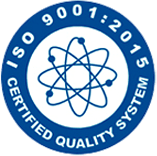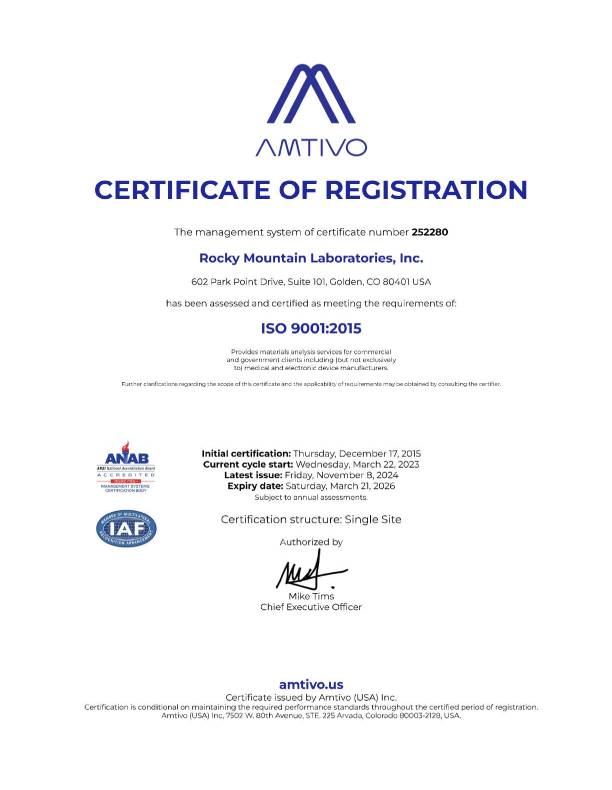Auger Electron Spectroscopy (AES) is a powerful surface analysis technique widely used in the characterization of polymer materials. Polymers, with their diverse applications in various industries, often require detailed examination of their surface composition and chemical states. AES provides valuable insights into the elemental composition and surface characteristics of polymers, aiding researchers and engineers in optimizing material performance and ensuring product quality.
1. Surface Elemental Composition Analysis
AES is employed to analyze the surface elemental composition of polymers, providing information about the presence and concentration of elements on the material’s surface. This is crucial for understanding surface properties and optimizing processes such as adhesion and coating.
2. Chemical State Identification
Polymers can exhibit different chemical states on their surfaces due to processing methods, environmental exposure, or chemical treatments. AES allows for the identification of chemical states and bonding configurations of elements, offering insights into the chemical structure and stability of polymer surfaces.
3. Adhesion and Interface Studies
In applications where polymers interface with other materials, such as in adhesives or composites, AES is valuable for studying the composition of interfaces. This aids in understanding adhesion mechanisms, optimizing bonding processes, and ensuring the compatibility of polymers with other materials.
4. Quality Control in Polymer Manufacturing
For polymer manufacturers, ensuring consistent quality is essential. AES is utilized for quality control purposes, helping to monitor variations in surface composition, detect contaminants, and verify the success of surface treatments or modifications during the manufacturing process.
5. Polymer Degradation and Aging Studies
Polymers may undergo degradation over time due to exposure to environmental factors. AES can be employed to study the changes in surface composition and chemical states, providing insights into polymer aging mechanisms and guiding strategies for material stabilization.
Advantages of AES Analysis in Polymer Research
- Surface Sensitivity: AES is highly surface-sensitive, making it well-suited for studying the top few nanometers of polymer surfaces.
- Quantitative Elemental Analysis: AES allows for quantitative analysis of elemental composition, providing accurate information about the concentration of each element present in the polymer surface.
- Chemical State Information: AES provides detailed information about the chemical states of elements, aiding in the understanding of polymer surface chemistry.
- High Spatial Resolution: AES can achieve high spatial resolution, allowing for detailed mapping of elemental distribution on polymer surfaces.
AES analysis is a valuable tool in polymer research, providing critical information about the elemental composition and chemical states of polymer surfaces. By leveraging AES, researchers can optimize material properties, enhance adhesion, and ensure the quality and reliability of polymer-based products.
For precise AES analysis services tailored to your polymer research needs, Rocky Mountain Laboratories offers cutting-edge technology and expertise. Contact us today to explore how AES can enhance your understanding of polymer surfaces and contribute to the advancement of polymer science and technology.



